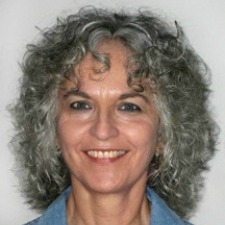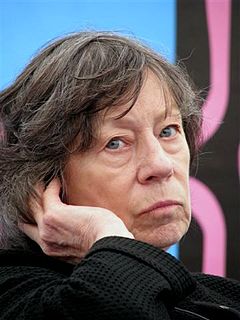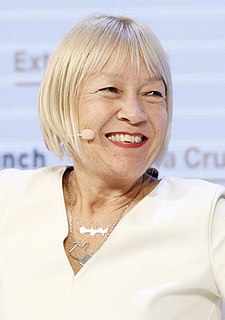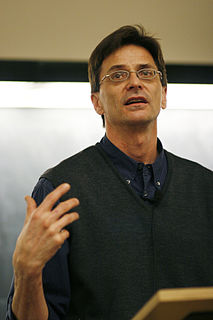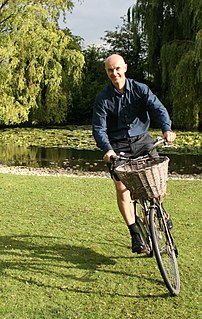A Quote by Barbara Degenevieve
I am attempting to move away from the exclusionary practices of feminist theory, particularly anti-pornography rhetoric, in order to amplify the discussion about the complexity of pleasure for women.
Related Quotes
One absolutely crucial change is that feminist film theory is today an academic subject to be studied and taught. "Visual Pleasure and Narrative Cinema" was a political intervention, primarily influenced by the Women's Liberation Movement and, in my specific case, a Women's Liberation study group, in which we read Freud and realised the usefulness of psychoanalytic theory for a feminist project.
Naturally my stories are about women - I'm a woman. I don't know what the term is for men who write mostly about men. I'm not always sure what is meant by "feminist." In the beginning I used to say, well, of course I'm a feminist. But if it means that I follow a kind of feminist theory, or know anything about it, then I'm not. I think I'm a feminist as far as thinking that the experience of women is important. That is really the basis of feminism.
If white American feminist theory need not deal with the differences between us, and the resulting difference in our oppressions, then how do you deal with the fact that the women who clean your houses and tend your children while you attend conferences on feminist theory are, for the most part, poor women and women of Color? What is the theory behind racist feminism?
Naturally, my stories are about women - I'm a woman. I don't know what the term is for men who write mostly about men. I'm not always sure what is meant by 'feminist.' In the beginning, I used to say, 'Well, of course I'm a feminist.' But if it means that I follow a kind of feminist theory, or know anything about it, then I'm not.
Radical militant feminist believes that women of color and Black women in particular have written the cutting edge theory and really were the individuals who exploded feminist theory into the directions that has made it more powerful. So I see us as the leaders not just of Black people and Black women in terms of feminism but in terms of the movement as a whole.
People routinely assume that pornography is such a difficult and divisive issue because it's about sex. In fact, this culture struggles unsuccessfully with pornography because it is about men's cruelty to women, and the pleasure men sometimes take in that cruelty. And that is much more difficult for people-- men and women-- to face.
Maybe I'm a bad feminist, but I am deeply committed to the issues important to the feminist movement. I have strong opinions about misogyny, institutional sexism that consistently places women at a disadvantage, the inequity in pay, the cult of beauty and thinness, the repeated attacks on reproductive freedom, violence against women, and on and on. I am as committed to fighting fiercely for equality as I am committed to disrupting the notion that there is an essential feminism.
